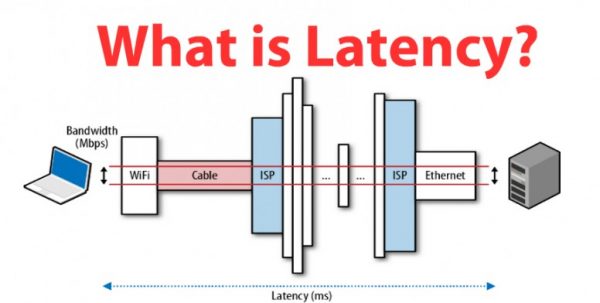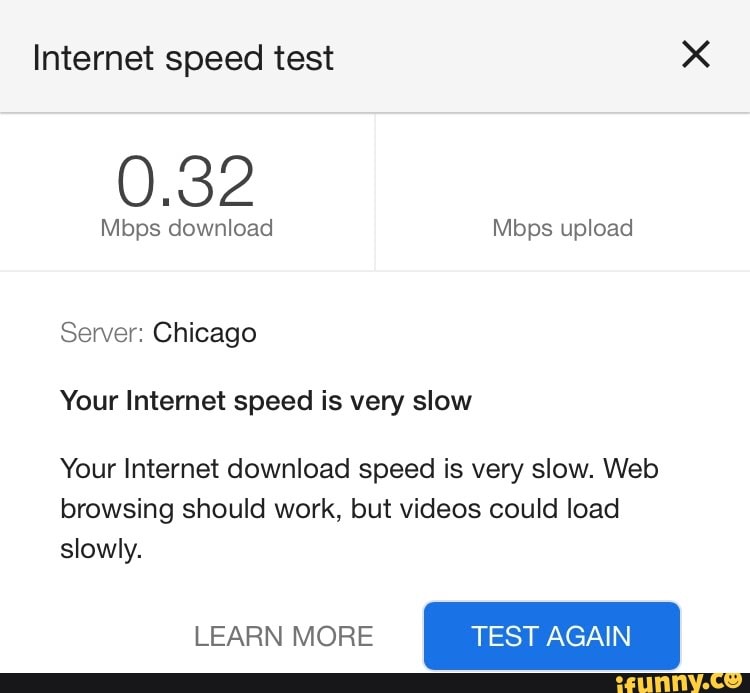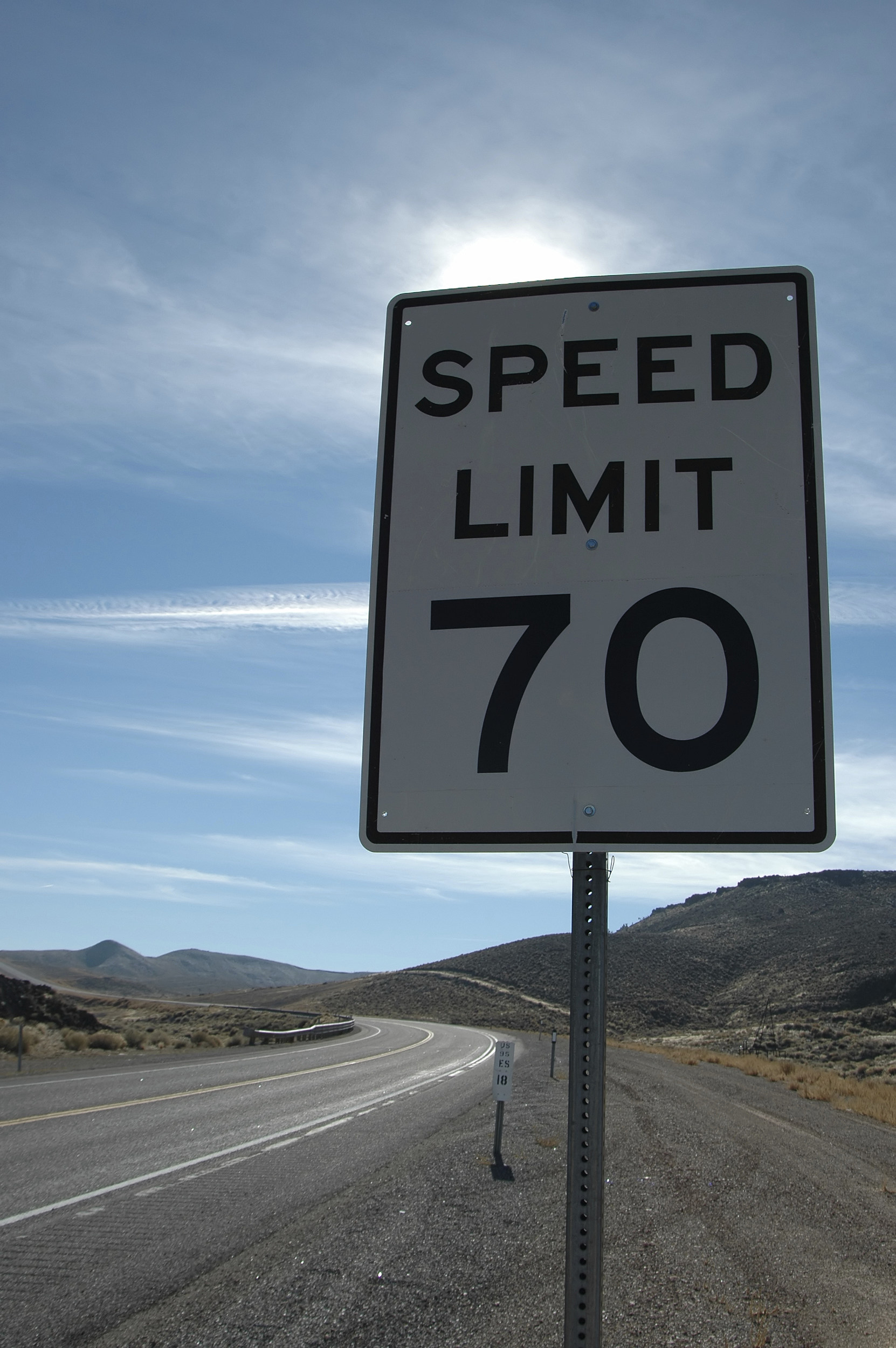

There are others but it’s most consistent for me.) (In case you’re wondering, I use to run my comparisons. result for the Ask Leo! world headquarters. When all else fails, talk to your provider. Make sure no other applications on your machine are hogging the internet while you run the test. Make sure you’re the only one using your internet at the time. Wi-Fi is not a reliable way to test speed: use a wired connection. So my question is, what’s the point of getting ultra fast internet when it hardly ever gets anywhere near the speed promised by the ISP? So it would seem that there is a somewhat inverse relationship between the effective internet speed and distance. I find that when I use one of the many speed-testing sites, I get about the same results if I specify the same server my ISP uses when I choose servers which are much further away (like another continent), the speed sometimes slows to a crawl. I’ve read that unless the WiFi signal is very strong, you never really get the advertised internet speed.īut my question is about the following: my ISP recommends one measure the speed using one specific link and their web page. And that speed is measured downloading a large file from a server that is some 100 km from where I live. When I connect to the router via a LAN cable or I have the laptop right next to the router, I get 80 megabits per second, which is close enough for me. The maximum speed that I can get, however, is about 30 megabits per second through WiFi. So yes–if you’re seeing closer to 5 megabytes per second on a 40 megabit plan, you are indeed getting what you pay for (and can even pat yourself on the back because you’re getting downloads speeds consistently at the edge of what your internet package supports).Through my ISP, I’ve contracted for 100 megabits per second of internet speed. If we divide the speed of your connection (measured in megabits) by 8, we arrive at something resembling the download speed you’re seeing in your speed tests: 40 megabits divided by 8 becomes 5 megabytes. So when you see that download chugging along at 5MB/s, that means megabytes per second–as opposed to your 40Mb/s, or megabits per second, internet package.
#WHAT SHOULD MY DOWNLOAD SPEED BE TORRENT#
But your operating system and all the apps on it (web browsers, download helpers, torrent clients, etc.) all measure data in mega bytes, not megabits. You see, you have a broadband connection that is capable of 40 megabits per second (under ideal conditions, 40,000,000 bits come down the line). This difference is where, on the surface, it all seems to fall apart.
#WHAT SHOULD MY DOWNLOAD SPEED BE HOW TO#
RELATED: Why You Probably Aren't Getting the Internet Speeds You're Paying For (and How to Tell) In other words, the byte system that your operating system uses is a bunch of bits strung together in groups of eight. Another term, used by computer scientists to avoid confusion over the different size byte structures out there in the world, is octet. A byte, however, is a unit of digital information that (in many operating systems, including Windows) is eight bits long.

A bit, as we’ve established, is the tiniest unit of measurement in the digital kingdom, that primordial 1 or 0. Computer storage is not measured in bits, it’s measured in bytes.

Now, here’s where things get confusing for the average non-geeky-Joe. Originally, networks were so slow that their speed was measured in just bits, but as network speeds increased, we started measuring internet speed in kilobits per second (remember 56k modems? That meant 56 kilobits per second), and now, megabits per second. The speed of a network is denoted using a bit-per-second notation. RELATED: How to Find the Fastest ISP in Your Area

Bit, in fact, is a contraction of the the longer phrase “Binary Digit”. Bits are most commonly represented in the binary system, via 0 and 1. A bit is the smallest and most basic unit of measurement in computing and digital communications. Data transfer over networks has always been measured in bits. Let’s start by delving back into the history of computer networks.


 0 kommentar(er)
0 kommentar(er)
